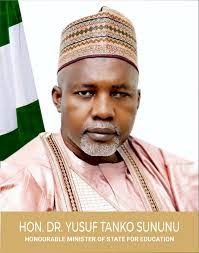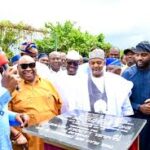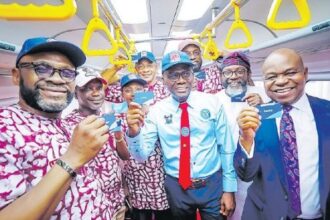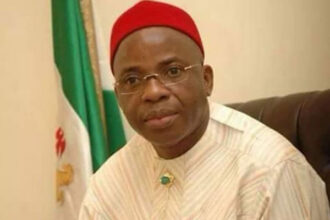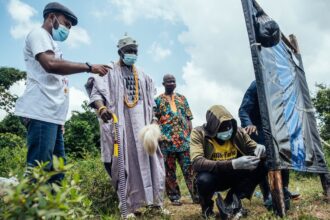By Shehu Salifu
To ensure inclusive education, the Minister of State for Education, Dr. Yusuf Tanko Sununu has said there is the need to provide the necessary physical and digital infrastructure to support various access and learning needs of all students.
Sununu said that tertiary institutions should not only be admitting students with disabilities but also be taking absolute care with regard to accessibility in their campuses through the addition of necessary ramps, elevators, assistive technologies, and other accommodations that would make learning possible and comfortable for all.
The Minister gave this advice at the first Africa Regional Conference On Equal Opportunity Of Access To Higher Education, ARCEAHED, held in Abuja.
The Conference, according to the Minister, is an important milestone for Africa’s commitment to full inclusion of persons with disabilities in all aspects of life: educationally, economically, and socially. Our efforts, policies, and collective will must be steadfast in dismantling the barriers that have historically marginalised our fellow citizens
He also said teaching aids such as braille, interpreters in sign language, and digital materials prepared for various skills should be provided for students with disabilities.
Stressing the need for the right to economic opportunities for students with disabilities, Sununu said tertiary institutions should create opportunities between institutions of education, industries, and governments to develop ways that would take persons with disabilities from education to employment.
“These should be part of a wider approach in terms of people with disabilities empowerment, skills development, vocational training, entrepreneurship programs, and inclusive hiring policies so that they can contribute to and benefit from economic development,” he explained.
The Minister said governments across Africa must play important roles in shaping policies that support inclusiveness at all levels, adding that, enactment and implementation of laws to protect the rights of persons with disabilities ensuring they have equal access to education, health, and employment facilities is very essential.
Sununu, however, assured that the government under the leadership of President Bola Ahmed Tinubu would continue to promote inclusivity in the education sector.
He explained that the waiver of application fees for the UTME for PWDs during the registration process, as outlined in the Nigerian Education Sector Roadmap launched in 2023 was a key reform that is already yielding positive results.
“I am aware that this policy has significantly increased the number of PWDs who participated in the 2024 UTME.
“JAMB also sought and obtained approval at the 67th National Council on Education meeting to exempt candidates with disabilities from Post/UTME Screening. I, therefore, reiterate, as already announced, that all tertiary institutions in Nigeria are to offer admissions to all candidates with disabilities who possess minimum admissible scores into the programmes of their choice after writing UTME.
“This initiative, together with the ambitious target to enroll 825,000 students with disabilities cumulatively over the next five years, demonstrates our unwavering commitment to realizing equal access to education.


